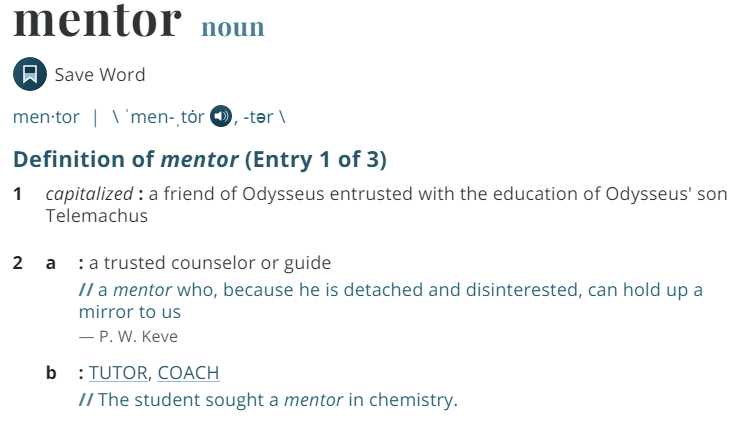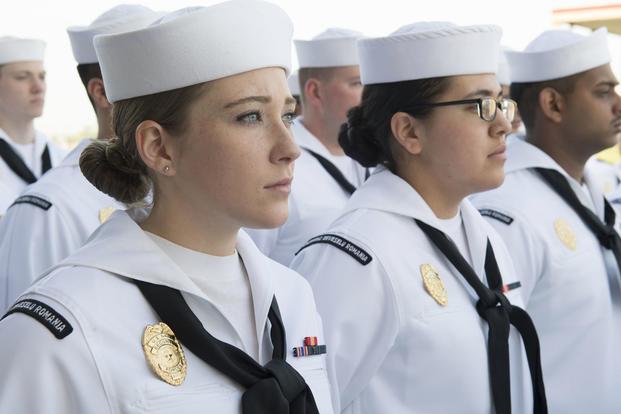Captains and sailors of MentorSHIP
Toastmaster speech #3 (Introduction to Toastmasters Mentoring)
I started to realise the importance of having a mentor only later in life. Well beyond the time when a mentor could actually help me change my life or career path. Nevertheless, I am grateful to all the teachers and mentors in my life, eventhough at the time I was not even aware of the concept of mentorship.
But what IS the concept of mentorship?
Those who know me, know I am a sucker for definitions, because I believe in looking for the common denominator in a discussion. Sometimes that common denominator is the starting point and sometimes the conclusion of a debate. Either way, let us check how a dictionary defines who mentors are:

A mentor-mentee relationship is one between equal partners and the mentor learns from the mentee almost as much as a mentee learns from the mentor. The mentor is someone with more experience, but that does not mean that the mentee, especially a highly dedicated one, cannot add to the mentor's experience with their insight and approach.

Similarly to friendSHIP and leaderSHIP, leading by example generates the best results. What examples should you set?
1. consistency - keep your word, i.e. don't promise something if you know you can't keep it
2. clarity - clear communication, clear boundaries and clear expectations
a. avoid ambiguity and insinuation, and don't assume other people have the same background knowledge as you do
b. set clear boundaries in your own interest, and in the interest of a healthy relationship
c. set clear expectations - as in a company, where lack of unequivocal expectations leads to lack of motivation, both in a peer-to-peer and mentor-to-mentee relationship we need to express what it is we expect from the other
3. credibility - the above two lead to creating an impression of an authentic leader and/or mentor, which in turn makes it easy for their mentees to follow their example.
My first mentor was my biology and chemistry teacher in primary school, a strong-willed and strict teacher who respected us as students but demanded knowledge in return. My second mentor was my high-school English teacher, the first teacher I met who had the audacity to talk WITH us, not TO us. All my current political views and opinions were shaped in those English classes. Then, university. Two extraordinary people, one of whom became my friend, even. So that was the first time I realised what was recently put into words for me by Simon Sinek in this short video: Mentorship is actually friendship. Since then, I look for the same traits in a mentor as I would when allowing somebody to enter my life as a friend.

Come to think of it, almost all of my mentors were strong, clever, warm-hearted women who taught me how to be humble in my profession, empathetic to people and determined in setting my goals and boundaries. I cannot thank them enough and can only hope my successes become a part of their legacy. They are all captains of their ship, regardless of whether the ship is a metaphor for a well-functioning family, a satisfying career, or a fulfilled life.
You might feel as a sailor on your own ship now wanting to one day take over the steering wheel. Embrace your current situation but find somebody who is already the captain of their ship, who has built a crew and is sailing toward more peaceful waters. Follow their example, be clear, be consistent and be credible - so that you can build your own crew which will be by your side and support you next time you are trying to steer through a heavy storm.

